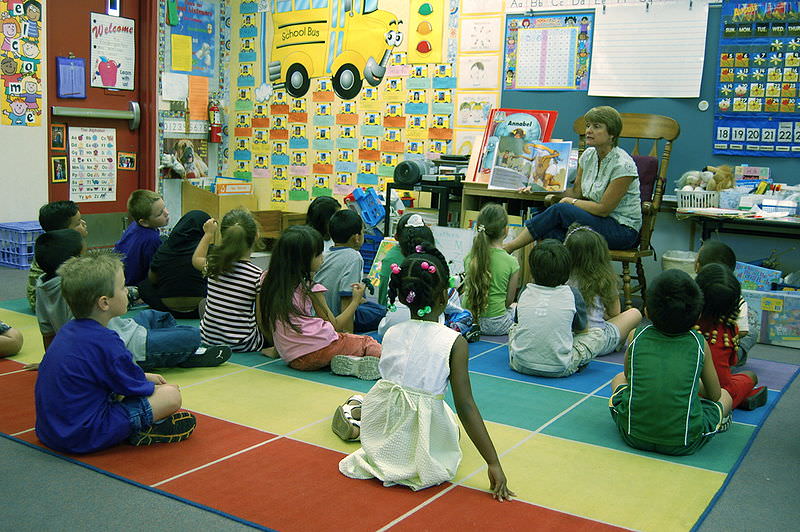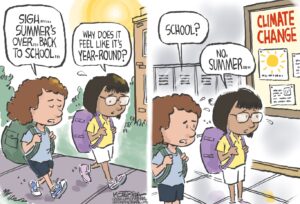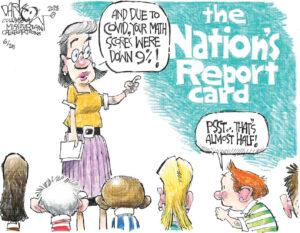Kindergarten: A Lasting Legacy
Economists used data on 12,000 Tennesseans to conclude that while test score gains built by successful elementary teachers had faded by high school, more meaningful outcomes (income, college, divorce, savings) seem to show a strong link between quality education as a child and success in the "real world."
Economists used data on 12,000 Tennesseans to conclude that while test score gains built by successful elementary teachers had faded by high school, more meaningful outcomes (income, college, divorce, savings) seem to show a strong link between quality education as a child and success in the “real world.”
Your support matters…The New York Times:
Just as in other studies, the Tennessee experiment found that some teachers were able to help students learn vastly more than other teachers. And just as in other studies, the effect largely disappeared by junior high, based on test scores. Yet when Mr. Chetty and his colleagues took another look at the students in adulthood, they discovered that the legacy of kindergarten had re-emerged.
Students who had learned much more in kindergarten were more likely to go to college than students with otherwise similar backgrounds. Students who learned more were also less likely to become single parents. As adults, they were more likely to be saving for retirement. Perhaps most striking, they were earning more.
All else equal, they were making about an extra $100 a year at age 27 for every percentile they had moved up the test-score distribution over the course of kindergarten. A student who went from average to the 60th percentile — a typical jump for a 5-year-old with a good teacher — could expect to make about $1,000 more a year at age 27 than a student who remained at the average. Over time, the effect seems to grow, too.
Independent journalism is under threat and overshadowed by heavily funded mainstream media.
You can help level the playing field. Become a member.
Your tax-deductible contribution keeps us digging beneath the headlines to give you thought-provoking, investigative reporting and analysis that unearths what's really happening- without compromise.
Give today to support our courageous, independent journalists.






You need to be a supporter to comment.
There are currently no responses to this article.
Be the first to respond.